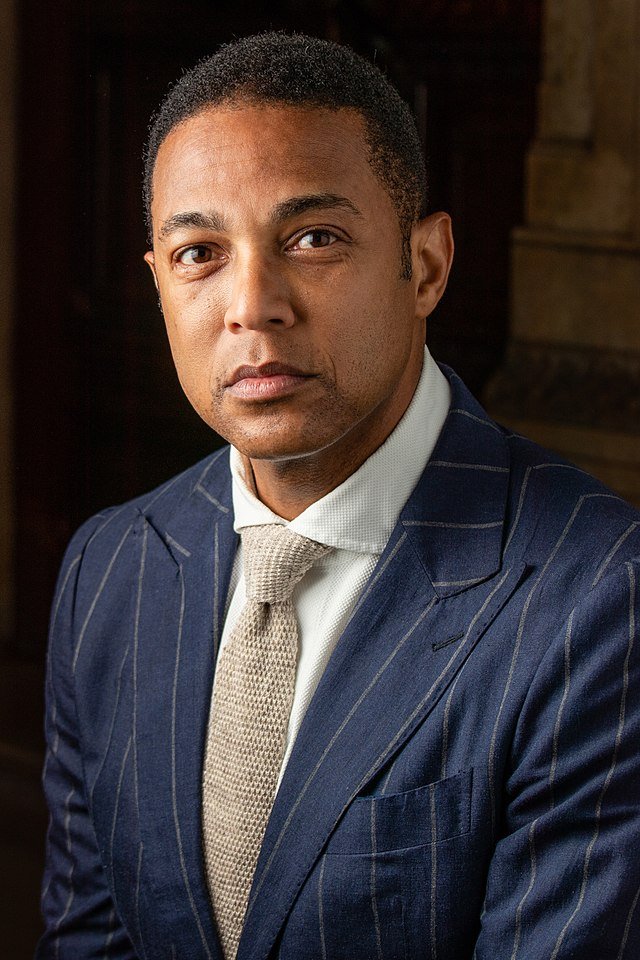A journalism disaster in Georgia
/The conventional thinking warns that the stories that get news organizations in trouble are the ones they’d least expect. It’s not the sensitive major investigations because those get so heavily vetted before publication.
LOL. Try getting The Atlanta Journal-Constitution to agree with the conventional thinking right now.
this is the revised headline atop the atlanta journal-constitution’s investigation into sexual assault within the university of georgia football program. an editor’s note atop the revised story said: “the headline, subheadline and portions of the text of this article were changed on July 19, 2023, after the AJC determined that certain statements contained in the article when it was originally published did not meet the AJC’s editorial standards.”
On June 27, the AJC published a seemingly worthy expose alleging that the University of Georgia football program under head coach Kirby Smart engaged in systematic protection of players who had been accused of sexual assault. The story claimed the AJC knew of 11 such situations but, notably, included the names of only two of the 11 players.
The article prompted the university’s athletic association to send a letter to the AJC, claiming major inaccuracies and bias. It raised the possibility of reporter fabrication, and demanded a retraction of the entire article. College athletic programs hide and twist facts a lot, but the nine-page, highly detailed letter made a persuasive case that the report had to be somewhat or perhaps seriously flawed.
On Wednesday, after a necessary investigation by other AJC reporters and lawyers, the news organization corrected major parts of the story, changed the headline and fired the bylined reporter. It did not retract the story and in a public statement said it had determined there was no fabrication and that only two aspects of the original work were in error.
But one of those aspects, to my mind, was the premise of the story.
The AJC said it could confirm only two instances of accused players getting soft treatment from the university, not 11. Two is too many, but it’s not enough to make a case for systemic bad practices by the Georgia football program, as the AJC originally tried to do.
The outlet tossed gasoline and a match on its reputation.
Yes, every newsroom must trust its reporters to a large degree. But with a hugely negative angle such as this, I’m mystified that some editor (apparently) didn’t go one by one through the 11 cases – with player names – and confirm sufficient evidence of each case. Even if just for internal reassurance.
It’s also not clear why the initial article didn’t have any details of eight of the supposed examples. Build your case. Make it hard for the non-believers. That’s a basic of investigative reporting and writing, especially if you’re taking on a worshipped institution.
There’s another issue. Georgia’s rivals.com website reported last week that the fired journalist, Alan Judd, had resigned from the Louisville Courier-Journal in 1988 because of multiple interviewee complaints of misquotes and he could not produce the interview recordings he claimed to have. Judd told the site before he was fired that situation occurred “during a rough period in my life (and) has no bearing on anything today.”
Did the AJC, which hired Judd in 1999, know of this? And should this have disqualified him from journalism 35 years ago? I recognize the worth of second chances, but to me, the answers are yes and yes. That would have meant the AJC wouldn’t have benefitted from two decades of good investigative reporting by Judd. It also would have meant no mess like the current one.
The AJC previously did some good investigative work into the Bulldogs athletic program. And it no doubt will do some more. But the non-believers will have an argument forever.














